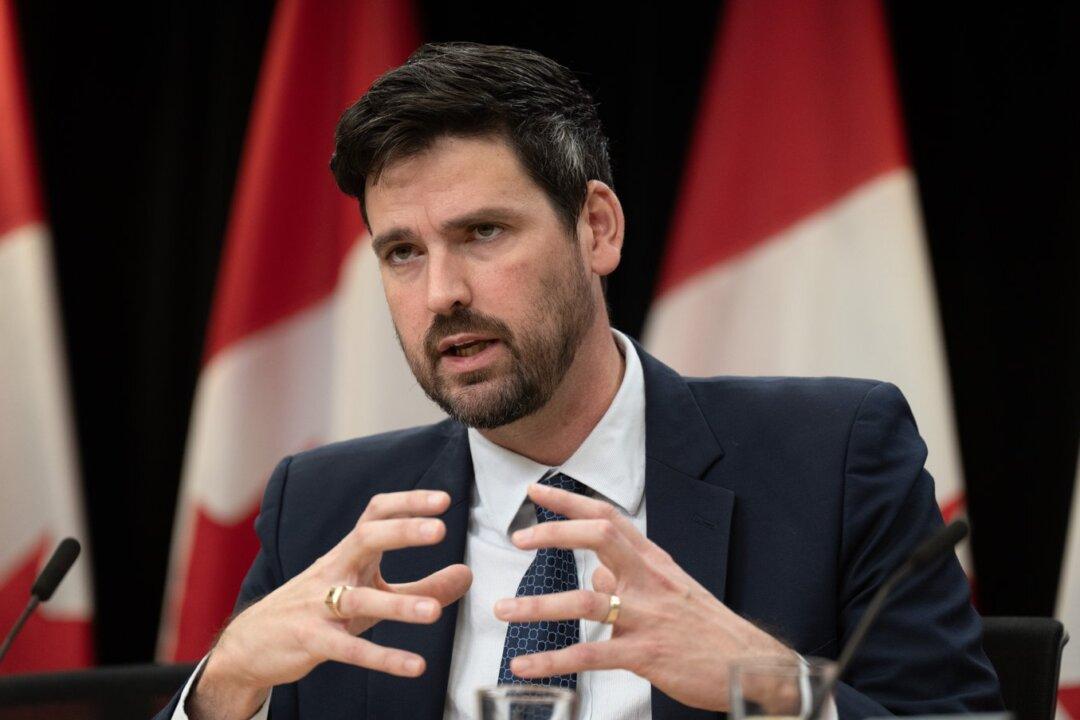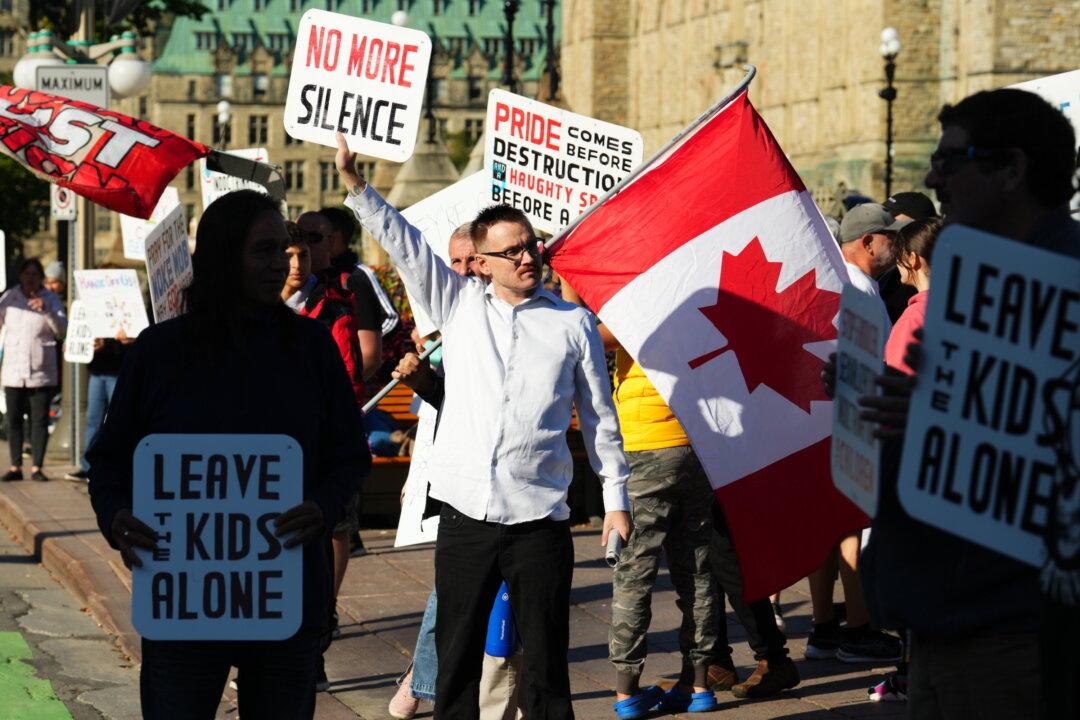Some schools have been created with the intention of profiting off international students, Sean Fraser, minister of Housing, said at a Jan. 15 press conference in Halifax.
“There are some institutions in different parts of this country that I have the sincerely held belief have come to exist just to exploit the [International Student Program] for the personal financial gains of the people behind some of these schools,” said Mr. Fraser, who was previously minister of Immigration, Refugees and Citizenship. He noted that the International Student Program is one of the temporary programs “putting an impact” on Canada’s housing programs.





